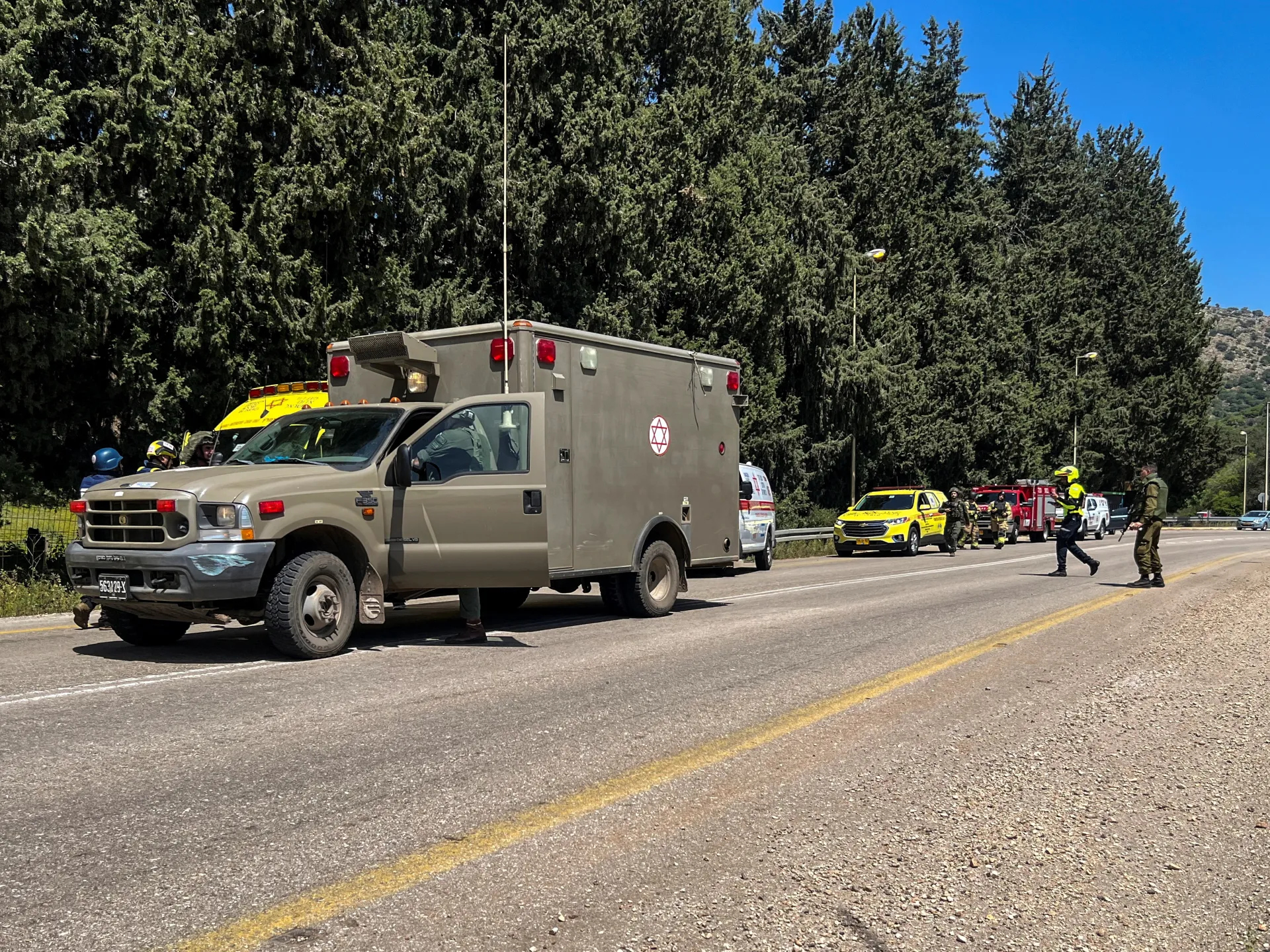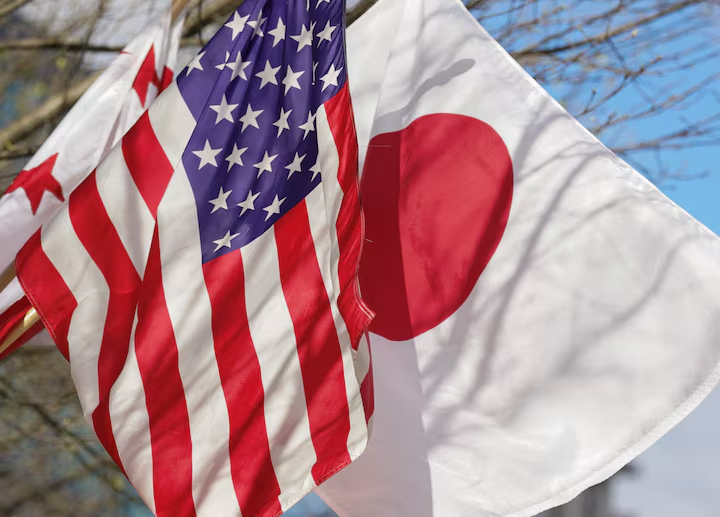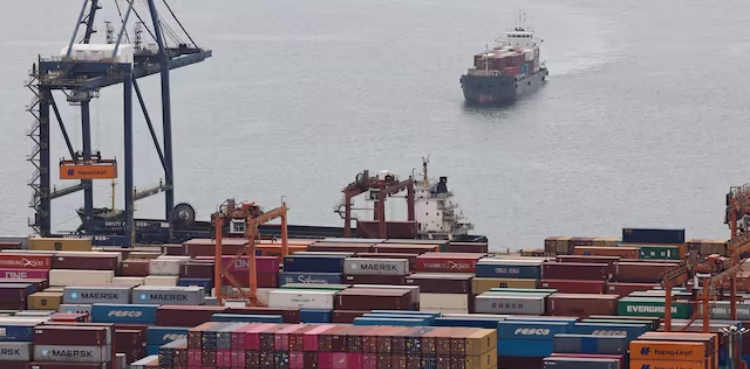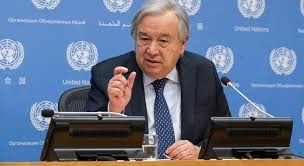Hezbollah, the Lebanese militant group, made headlines this week with a daring move: a drone strike on a military post in northern Israel. The attack, which utilized a drone armed with two missiles, resulted in the injury of three Israeli soldiers, one of whom was seriously wounded, according to the Israeli military.
While Hezbollah has been engaged in periodic exchanges of fire with Israel for the past seven months, this particular strike marks a significant escalation. It appears to be the first successful missile airstrike launched by Hezbollah from within Israeli airspace, underscoring the group’s growing capabilities and determination to challenge its long-time adversary.
The timing of the attack is noteworthy, coming amidst heightened tensions following Israel’s military operations in the southern city of Rafah in the Gaza Strip. Hezbollah has been vocal about its opposition to Israel’s incursion into Gaza and has vowed to retaliate against any perceived aggression.
Analysts suggest that Hezbollah’s recent actions are part of a broader strategy aimed at sending a message to Israel and asserting its military prowess. Faisal Abdul-Sater, a Lebanese political analyst, describes the attack as a means of demonstrating Hezbollah’s capabilities and readiness to respond to any further Israeli aggression.
In recent weeks, Hezbollah has intensified its attacks on Israel, targeting military installations and introducing new, more advanced weaponry. These include drones capable of firing missiles, explosive drones, and guided missiles such as the Almas, also known as the Diamond missile.
The group’s use of advanced weaponry has raised concerns within the Israeli military, prompting calls for heightened vigilance and preparedness. Lt. Col. Nadav Shoshani, a military spokesman, acknowledges that Hezbollah has been escalating the situation in the north, with an increase in the frequency and intensity of its attacks.
Hezbollah’s strategy also appears to involve minimizing its own casualties while inflicting significant damage on Israeli forces. By reducing the number of fighters deployed along the border areas and employing a combination of tactics, including missile strikes and drone attacks, Hezbollah aims to maximize its impact while minimizing its losses.
Despite international efforts to broker a ceasefire and ease tensions, Hezbollah’s leadership remains defiant. Hassan Nasrallah, the group’s leader, has declared that the fighting along the Lebanon-Israel border will continue until Israel ends its military operations in Gaza.
As the conflict escalates, the prospect of a full-scale war looms large. Hezbollah’s deputy leader, Naim Kassim, has warned Israel against initiating such a conflict, reminding them of the outcome of the 2006 war, which ended in a stalemate.
With tensions running high and both sides unwilling to back down, the situation in the region remains volatile, with the risk of further escalation ever-present.



